The Suzuki S-Cross is a smart, no-nonsense SUV that now comes in a full hybrid guise.
Spacious and practical, it’s a worthy competitor to the Nissan Qashqai, Kia Sportage and SEAT Ateca.
Launched last year, it was initially available with a 1.4 litre mild hybrid petrol engine. With most competitors now offering some kind of electrification Suzuki has upped its game with a new powertrain option.
The S-Cross Fully Hybrid uses the same system found in the Suzuki Vitara. That pairs a 1.5 litre petrol unit with a 140V, 24kWh electric motor.
Improved fuel economy and emissions

Unlike plug-in hybrids you don’t visit charging stations or connect the car to the mains overnight. The electric power is generated by the engine and by capturing energy that would otherwise be lost in braking.
The flipside is that unlike plug-in hybrids you won’t be able to cover long distances on battery power. The S-Cross Full Hybrid will manage a maximum of about a mile on electric power.
It will manage low speed manoeuvres without waking the petrol engine but its main benefit is improving fuel economy and emissions figures.
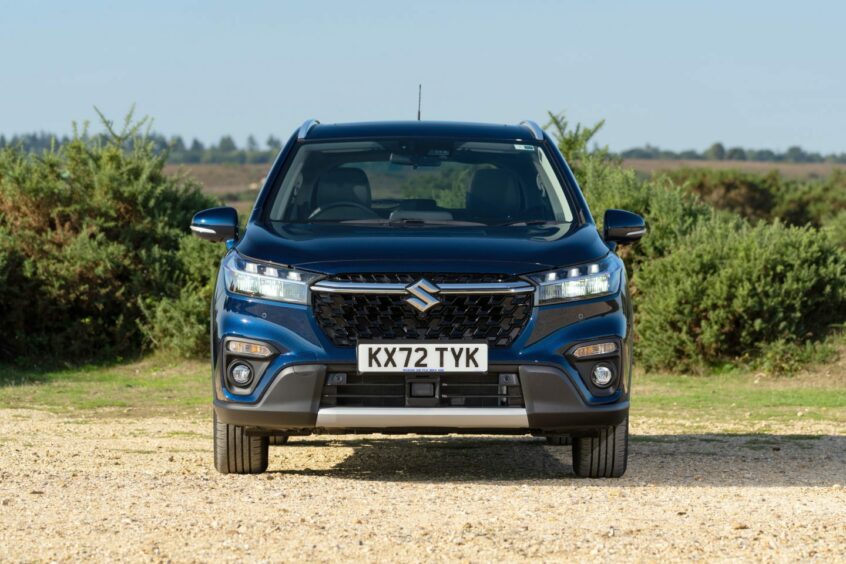
According to official figures it will return 54.3mpg in front-wheel drive form and 48.7mpg if you go for the all-wheel drive model. Those are both very respectable numbers.
The S-Cross Full Hybrid costs £26,749 for Motion grade with front-wheel drive and a range-topping Ultra model with Suzuki’s Allgrip four-wheel drive system will set you back £31,549.
Even on a sodden afternoon with rain-lashed roads the Suzuki was never less than completely sure-footed
Suzuki brought the S-Cross Full Hybrid to Edinburgh for journalists to try on Scottish roads. I spent a few hours behind the wheel of the top-spec Ultra Allgrip model.
A wet and windy autumn day meant I was happy to have the four-wheel drive model. Even on a sodden afternoon with rain-lashed roads the Suzuki was never less than completely sure-footed.
An SUV with effective cornering
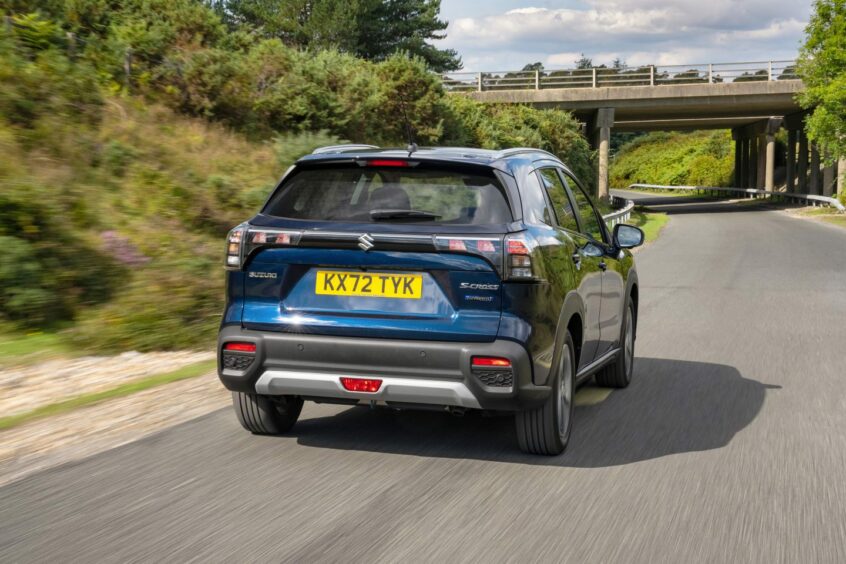
If you live in Scotland and regularly cover long distances in the winter then the Allgrip version is worth shelling out for, even if only for peace of mind.
Conditions meant corners had to be taken with a degree of care but the S-Cross handles well for an SUV. The suspension is on the soft side to improve comfort so there’s a bit of body roll but it grips well.
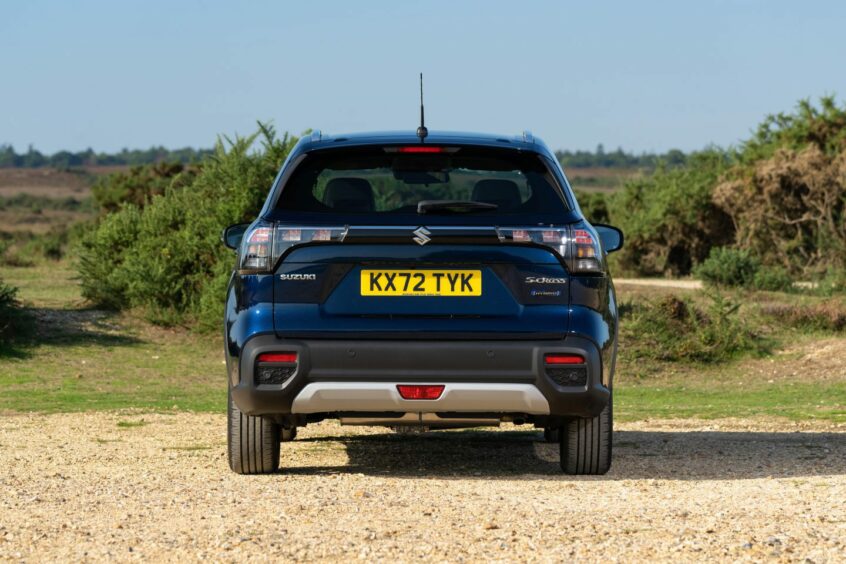
Ride quality is very good, with bumps smoothed out and potholes absorbed. Refinement is reasonable but cars like the Nissan Qashqai and Mazda CX-5 definitely offer a more serene driving experience.
Inside, there’s a clean and unfussy cabin. All the major controls are well laid out and easy to use. Commendably, there are dials and buttons instead of a touchscreen for the heating controls.
Good levels of standard kit

The nine inch touchscreen infotainment system isn’t quite as user friendly as some rivals but it’s perfectly decent.
It doesn’t lack for standard kit either. All versions of the S-Cross come with autonomous emergency braking, adaptive cruise control, traffic sign-recognition, dual-zone climate control and heated front seats. There are also front parking sensors and a rear parking camera.
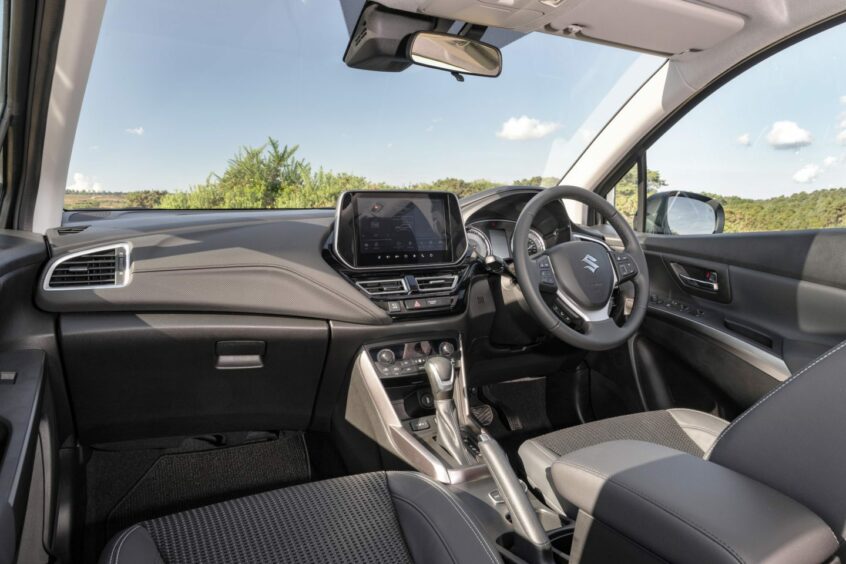
Passenger space is good, with rear occupants enjoying plenty of head and legroom. The only slight snag is the boot, which has shrunk to accommodate the larger battery of the full hybrid model. There’s now just under 300 litres available back there – around the same as a Ford Fiesta.
If you need more room the mild hybrid version of the S-Cross has a much more capacious 430 litres of space.
Buyer satisfaction
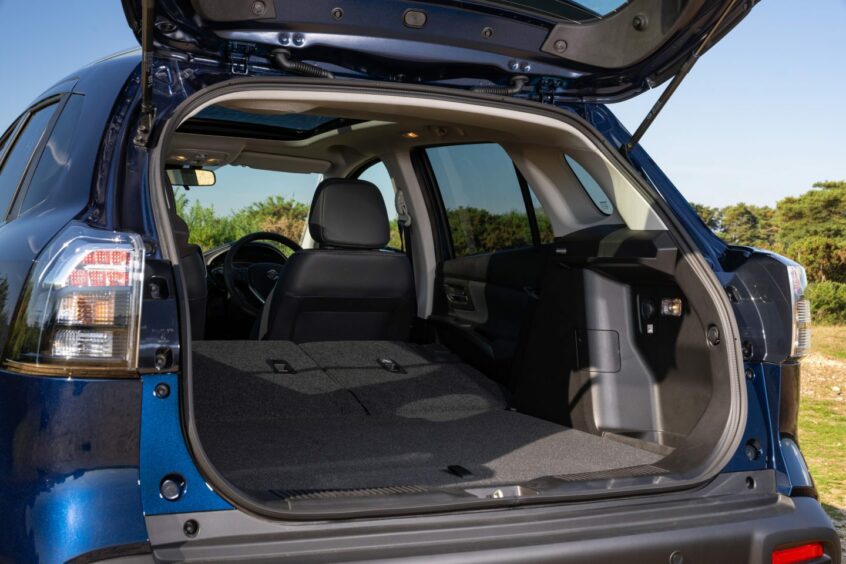
Suzuki always does very well in buyer satisfaction surveys and most Suzuki drivers are repeat customers so the company is certainly getting most things right. Unless you’re very unlucky you can expect your S-Cross to offer trouble free ownership.
Suzuki is never going to be a manufacturer that sells in huge numbers. But that doesn’t matter. As long as they keep churning out cars as good as the S-Cross they’ll continue to grow their loyal customer base.
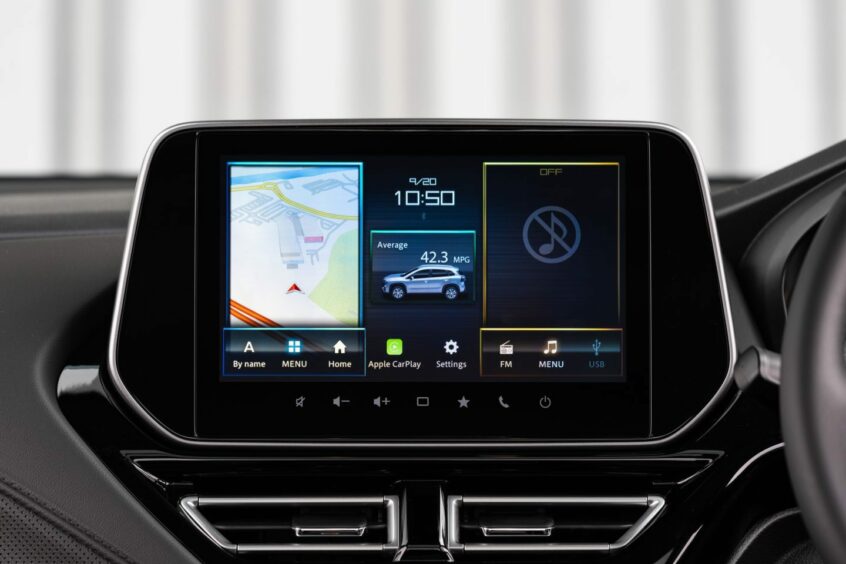
The Facts
Model: Suzuki S-Cross
Price: £31,549
0-62mph: 13.5 seconds
Top speed: 108mph
Economy: 48.7mpg
CO2 emissions: 132g/km
Gallery
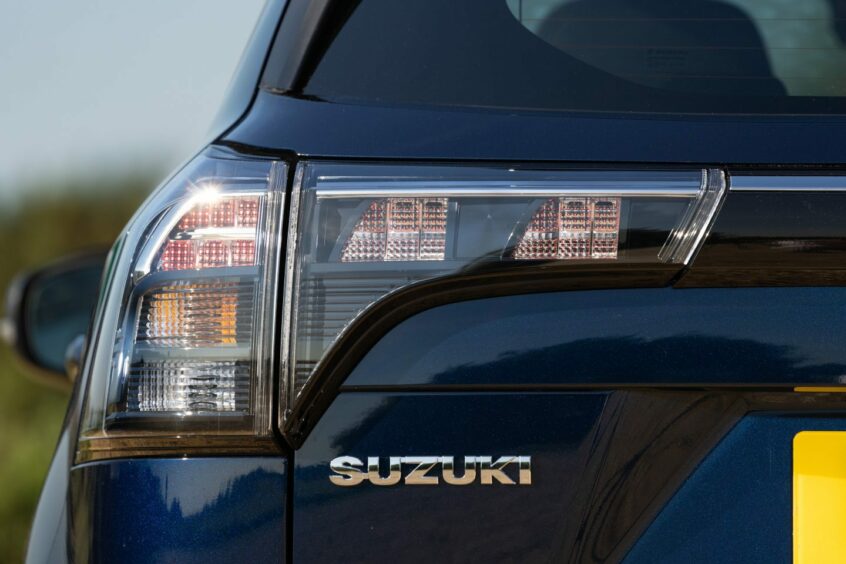

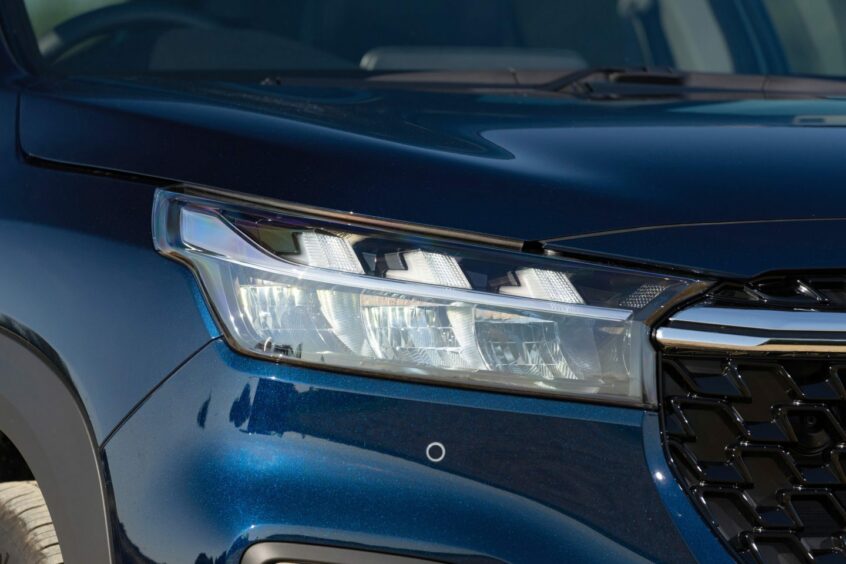
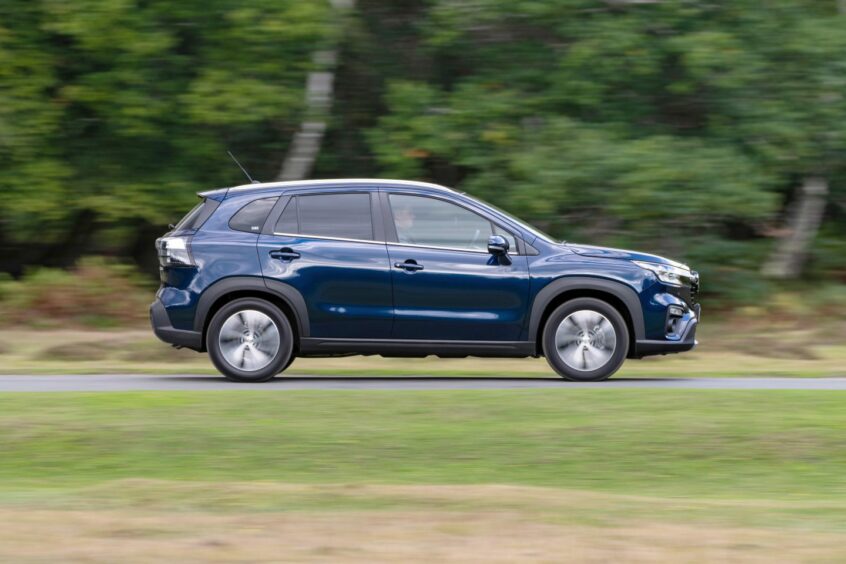
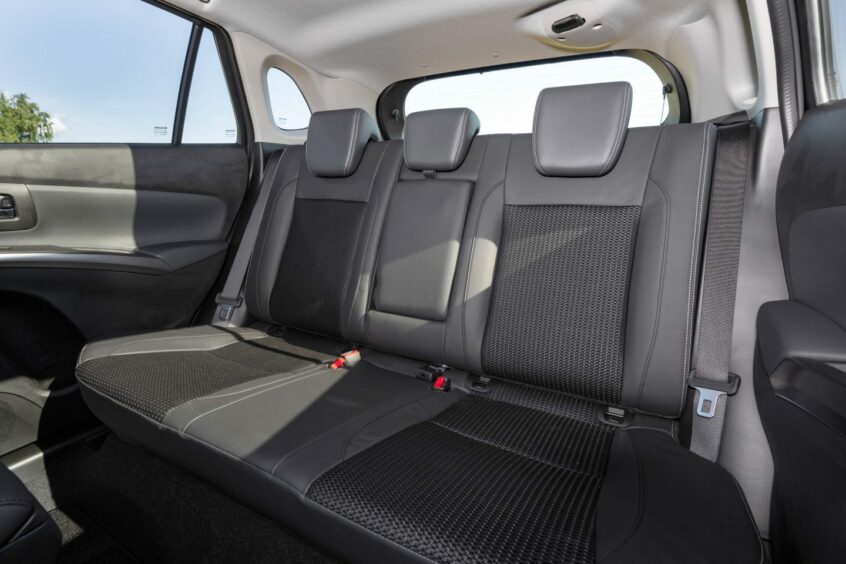
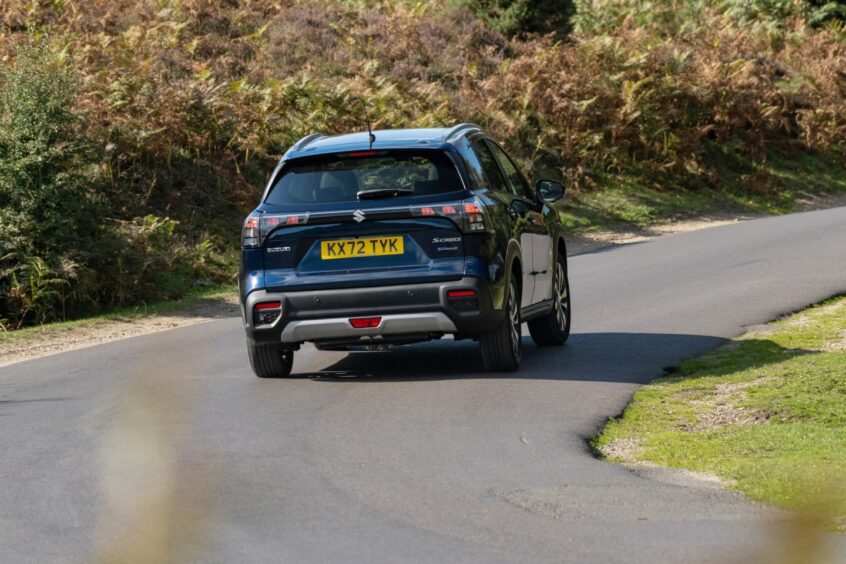

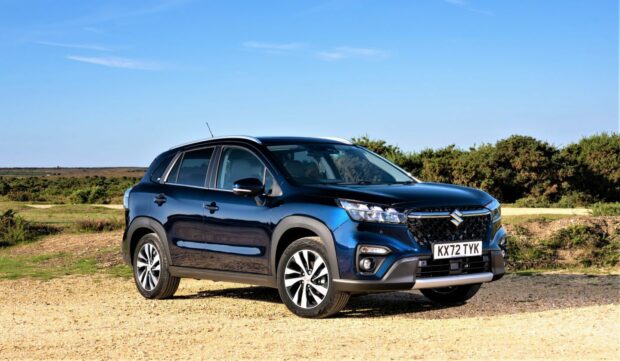
Conversation